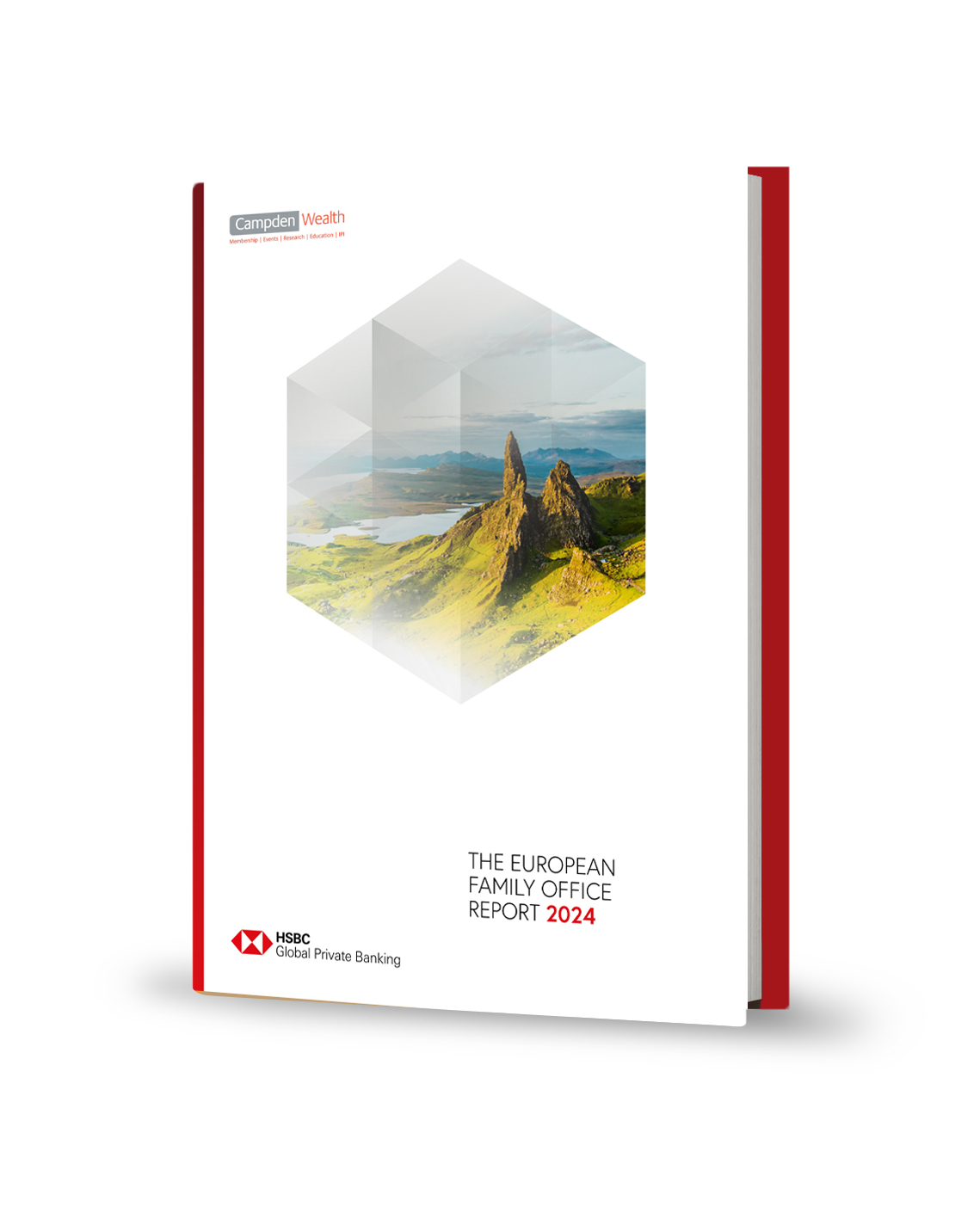The European Family Office Report 2024: the importance of philanthropy

As CampdenFB reported last week, Bernie Marcus, founder of American multinational home improvement retail corporation Home Depot, recently passed away at the age of 95.
Lauded as the founder of American multinational home improvement retail corporation Home Depot, he is rightly held up as an example of American capitalism.
But what is less well known, perhaps is his dedication to philanthropy.
It is estimated that he gave away almost $2 billion to education, hospitals and Jewish causes in his lifetime.
A commitment to giving funds to worthy causes is at the centre of many family offices and family businesses.
This is backed up by the results of “The European Family Office Report 2024” in partnership with Campden Wealth and HSBC Global Private Banking.
It reveals that slightly more than half of European family offices make philanthropic donations. The majority are for less than US $1 million but a limited number of large donations pushes the average up to $3 million.
The reason is simple. At its heart families have a strong desire to give back to society and 92% claim this provides the principal motivation for their philanthropic efforts. In addition, they are inclined to support causes to which they have some personal connection (67%). Philanthropy is seen as an opportunity to engage the next generation (63%) and put family values into action (63%).
A commitment to community

Raju Shroff, managing director of the Regal Group in Dubai, is typical. He and his father built the first Hindu temple in Dubai.
“Our family has always had a strong sense of community and a desire to give back. More than 50 years ago, my father and his brother spearheaded several initiatives. In 1958, they, along with a group of people, established the first temple in Dubai. They also founded the Indian High School, the India Club, which served as a social hub, and the first textile committee to help resolve industry disputes within the community. My father has always believed in helping people through local resources rather than sending them elsewhere,” he told CampdenFB at the end of October.
Shroff himself has followed in his father’s footsteps. After joining the family business, he also became involved in these community initiatives serving as vice treasurer of the Indian High School and vice chairman of the India Club.
He explains that he was even able to develop the temple – where he now serves as trustee –during lockdown.
“In 2019, we were working on securing a larger plot of land to expand the temple, and that’s when I was entrusted with overseeing the construction of a new temple in Dubai. Given my experience in construction, the family gave me the go-ahead to lead the project,” he says. “Despite the challenges brought on by COVID, the government of Dubai was incredibly supportive. We held all our meetings over Zoom, and I coordinated everything remotely. We managed to complete the temple during the pandemic, and now, two years later, we have one of the largest temples in Dubai, run entirely by the community,” he continues.
The principal philanthropic causes that families support are education (67%), community development (67%), healthcare (46%) and arts and culture (46%).
A feature of all these causes is that they entail a long-term commitment. Families are attempting to address the root cause of problems rather than just providing temporary solutions. Hence their efforts are better described as philanthropic rather than simply charitable.
Philanthropy not charity
This is confirmed by Deanne Weir, an Australian investor and entrepreneur who is championing and changing gender equality. “Anyone can write a cheque, but I prefer to be more strategic,” she says. “The least satisfying philanthropic experiences have been the ones where I have simply written a cheque – it is hard to feel invested.”
Deanne’s giving adopts a thematic approach, focused on gender equality, social impact and democratic empowerment, and often encompasses all three.
This focused approach appears to work. As Jeremy Coller, chief investment officer and managing partner of Coller Capital, says, “it's all about materiality, not morality”.
Coller’s charitable foundation is home to an organisation called FAIRR, which is the fastest-growing investor network representing $70 trillion in assets under management (AUM) focused on the global food system. FAIRR and his other philanthropic projects are entirely separate from Coller Capital, he explains, but the ESG policies at Coller Capital are very much central to the way he does business and is one of the ways he delivers maximum value for his investors.
Philanthropy can appear to be entirely selfless, but it has a serious point for families too.
Frank Hixon Foster, chairman emeritus of Hixon Properties, believes that it strengthens a family's sense of purpose.
“Encouraging the family to come together for philanthropic and volunteering efforts allows members to use their time, skills, or services to make a positive impact in their community,” he says.
“These activities not only foster a sense of purpose and contribution but also help family members appreciate their blessings and the value the family has created for themselves and others,” he continues.






